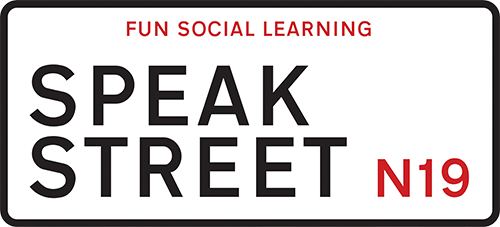
That’s (Fake?) news to me…
We’d be hard pushed these days not to find examples of bad news. These stories and conversations are littering the internet, filling our social media walls and being bounced around endlessly as memes and videos on our phone apps. The phrase “Fake news” has been propelled as a hot topic and key term when describing any article which is either politically biased or technically inaccurate. The issue we have right now is that millions of us are heavily engaged in a search for news as we face a prolonged lockdown from Coronavirus. The BBC has stated in a recent article “It is a sad truth that any health crisis will spawn its own pandemic of misinformation.”
Misinformation is likely to range from myths on how the pandemic started and who’s responsible to untruths about potential vaccines and cures. These stories can spread like wildfire, particularly online and can lead to increased fear, victimisation and indeed the continued spread of the infection… costing lives. For further reading on some of the biggest myths, please check out the BBC’s Reality Check. They highlight some of the biggest trending stories which have been proven to be inaccurate with a selection of interesting videos.
One way to handle this huge influx of news is to manage your time wisely. Stephen fry has suggested monitoring the time we spend each day searching, viewing and indeed spreading the news we see (check out his video). I’d also suggest being cautious when selecting the source of your news. Be very wary on sharing social posts, especially on Facebook and WhatsApp. Whilst some memes and videos can be funny, some can be damaging. The DailyMaverick website has an interesting read and some great examples on how social media has contributed to the spread of fake news, check it out. By sharing false stories online, even by making an honest mistake believing the stories were real, you may be adding to the problem. I recently read an article by Dan Price at makeuseof.com. The article attempts to summarise (without bias) some of the more trustworthy news sources and he adds a justification to clarify his results. Much like the food we eat, it’s very important we are vigilant and take care in the quality and quantity of news we intake.
In summary, for those of us at home isolating, let’s try and be more selective with what we read, where we read it and how often. Preventing the spread of Covid-19 is important, but we need to do what we can to prevent the endless spreading of gossip or the much dreaded “Fake News!”
By Adam Humble

Social